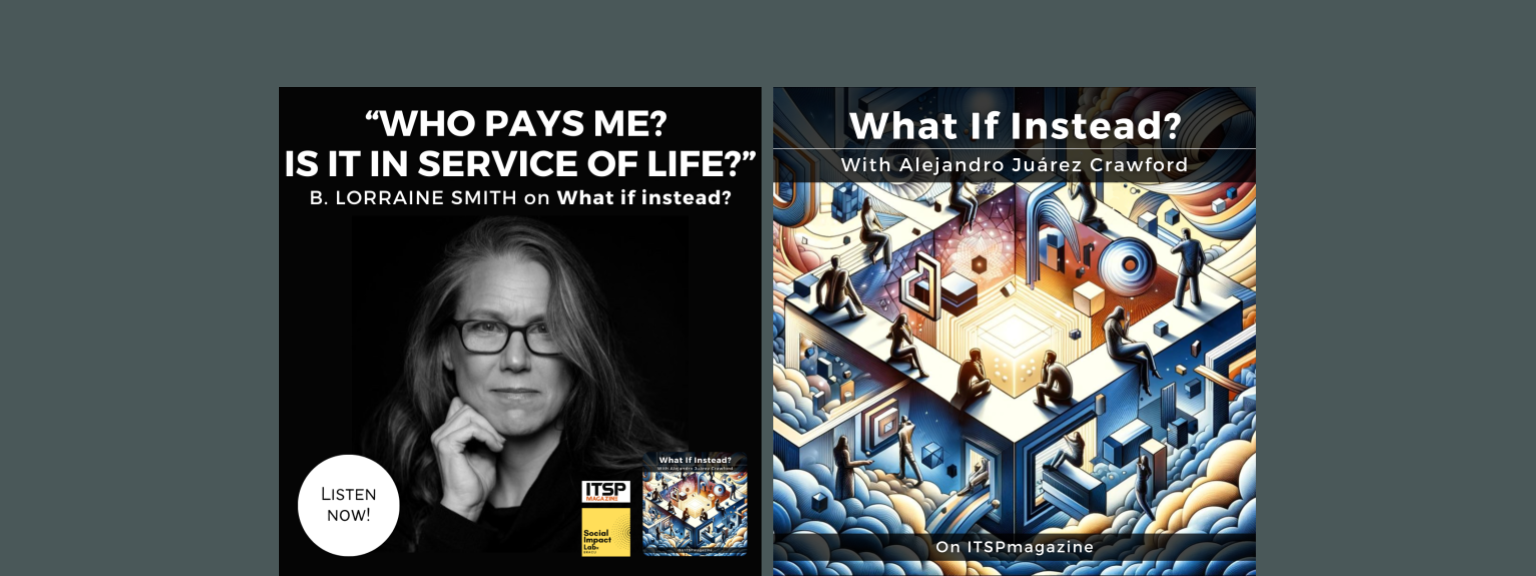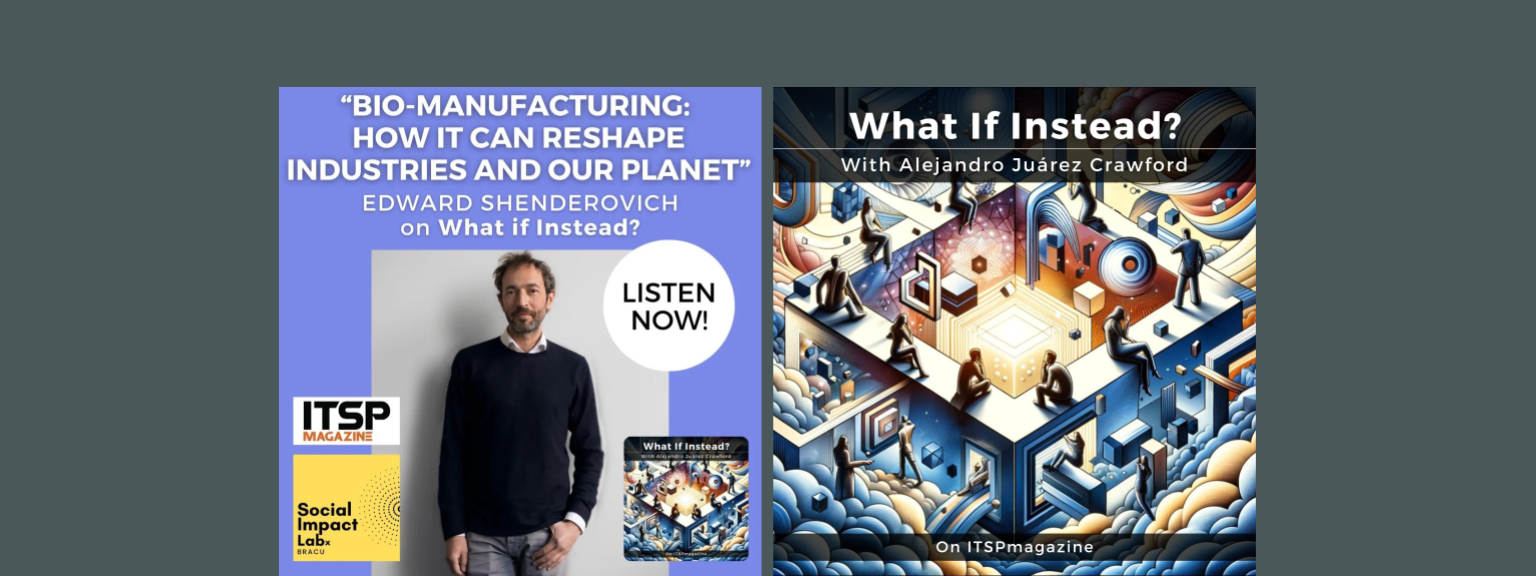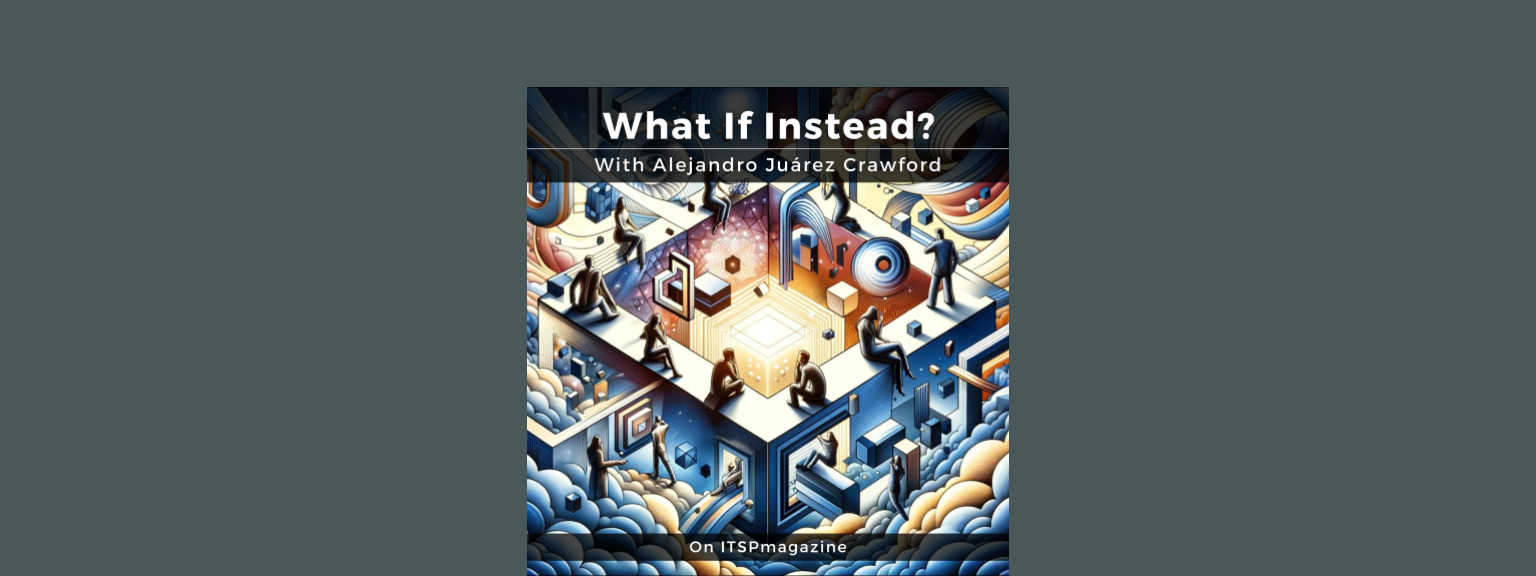Who pays me? How do I feel about that – and is that in service of life?
On the newest episode of What If Instead?, Lorraine Smith reflects on her decades of experience consulting with companies on efforts to do some good. She addresses the “chronic challenge within what we might call the mainstream sustainability movement” that helps explain “why there [are] a lot of really miserable, frustrated, tired, burned-out, exhausted, underfunded people, and/or people doing work that doesn’t really work.” The challenge, she says, [arises when]we think our role is to convince people of something or get them to do something. “If that’s the plan,” Smith says, “we’re screwed.” “Right now most of the economy is served by life,” she argues. “We are extracting life to serve the economy … whether it’s human labor, well-being, time – the economy is sucking that up, using it and spitting out products, services and other things from the other side, and aiming to do so at a profit.” What would it take, she asks, to flip this on its head, and create an economy in service to life? One that makes people “healthier, within a more thriving ecology?” Smith acknowledges how unfamiliar this question can be – but challenges us to imagine what it might look like, and what we might do to create it: “Most industrial decision makers I’ve met have actually never had the thought. And so when they do, what happens when they go, yeah, economy in service of life, what? What might that look like and what might my role in that be?” She illustrates her point with the example of electric vehicles (EVs): If you were to walk out the door and find the closest 12-year-old who can have this conversation with you and say: “hey, buddy, we’re looking at making the ecological integrity of this country stronger. What do you think we should do? Would they say take billions of taxpayer dollars and hand it to the country’s … wealthiest people, who are preparing to buy new private vehicles, and, net result, have hundreds of thousands of new vehicles on the road? I don’t think even the 12-year-old – with zero information about climate change, carbon accounting … would say – yeah, you know what we need to do? We need to give rich people billions of our hard-earned taxpayer dollars and put hundreds of thousands of new cars on the road. We know what ecological restoration looks and feels like. It does not feel like incentivizing wealthy people to buy more cars, widening lanes of highway, taking all the mineral and metal and … resources that [go] into making more private cars. Smith recognizes that thinking about this can be painful. For those of us aiming to do something for the planet, choosing to buy more ‘sustainable’ products can give us a sense of agency. But what if, to effect change, we need to change our model more fundamentally? I am not aware of a version of the current model where we make some tweaks and then we’re okay. So my short answer is, yeah, you’re not naive. You’re very well aware of how the current structures function, and … they’re functioning well according to how they’re designed, frankly. For Smith, this is not just an idea. She has developed a methodology for going beyond the claims organizations make, when they say they’re going green. Called “matereality,” (as in material + reality), it’s a detective’s guide anyone can use to figure out what companies and industries are really doing. Tune in to the episode to learn more. Who Pays Me? How Do I Feel About That? Is it in Service of Life? | A Conversation with B. Lorraine Smith | What If Instead? Podcast with Alejandro Juárez Crawford and Miriam Plavin-Masterman
What if Instead? is produced by Mercedes Riegé and Srijan Banik with support from the team at Social Impact Lab at BRAC University, which Banik founded. Cohosts Mim and Alejandro’s One Size Fits None: Time for an Entrepreneurial Revolution, is forthcoming from Emerald Publishing in Summer 2025.


